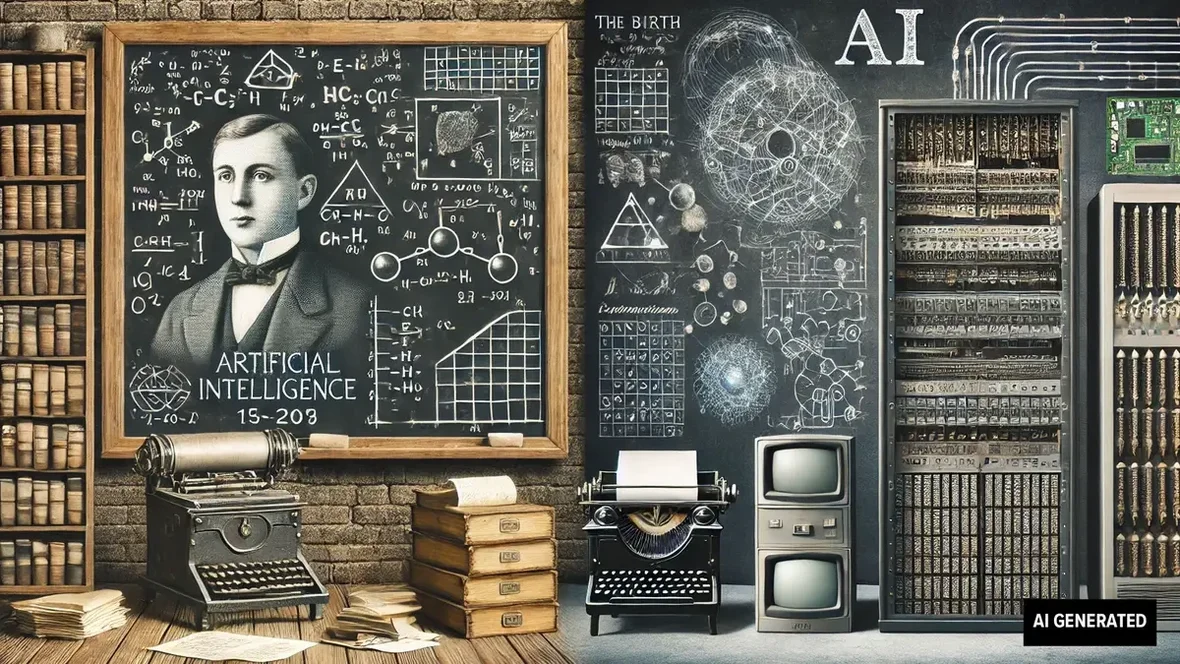Circumnavigating Ethical Dilemmas
The Australian Research Council (ARC) further supports ethical research through the Australian Code for the Responsible Conduct of Research (2018), which applies to all researchers, including historians. This code prioritizes transparency and accountability, particularly when using digital tools or managing research data, to maintain integrity and honesty (ARC, 2018). As digital record-keeping becomes more integral to historical research, upholding principles of honesty, integrity, and accountability is crucial for sustaining public trust in the profession (ARC, 2018).
To navigate challenges associated with AI in historical research, historians can responsibly harness AI’s capabilities—such as analyzing vast archival collections or identifying patterns in historical data—while adhering to these ethical standards. For instance, AI tools can be employed to cross-reference sources or detect inconsistencies, provided their use is transparent and documented to maintain research integrity (ARC, 2018). To address potential ethical concerns, such as over-reliance on AI or the risk of decontextualizing historical narratives, historians should prioritize human oversight and critical evaluation of AI outputs.
Continuous dialogue among historians, ethicists, and technologists is vital to refine ethical practices as AI technologies evolve. By integrating AI thoughtfully and adhering to established codes (AHA, 2021; PHA, 2015; ARC, 2018), historians can leverage its potential to enhance research while safeguarding the profession’s credibility and ethical standards.

Create Your Own Website With Webador